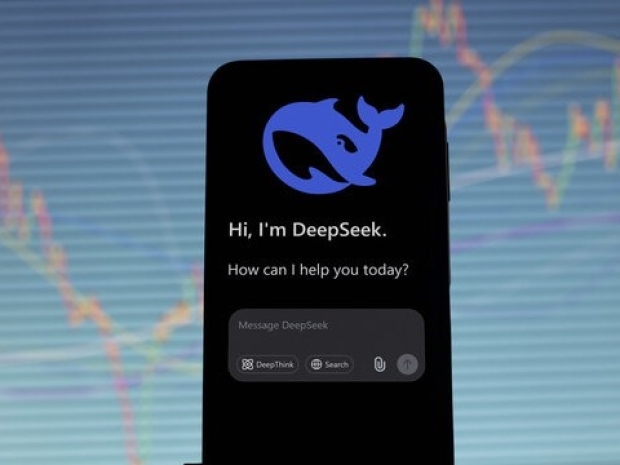From multinational banks to universities, institutions across Europe, the Middle East, Africa and Asia are shifting to Chinese large language models like DeepSeek and Alibaba’s offerings.
The pricing is simply too good to ignore. Saudi Aramco, the planet’s biggest oil outfit, has installed DeepSeek in its main data centre. Even US cloud giants such as Amazon Web Services, Microsoft and Google are hawking DeepSeek to their customers, despite the White House banning the app on some government kit over security concerns.
While OpenAI’s ChatGPT still rules with 910 million global downloads, DeepSeek has racked up 125 million of its own. According to Cyprus-based AI platform Latenode, one in five users globally are picking DeepSeek’s model because it delivers comparable quality at a fraction of the cost.
Latenode co-founder Oleg Zanko said “DeepSeek is overall the same quality but 17 times cheaper, making it is particularly popular in places like Chile and Brazil where cash and compute are in short supply."
Harvard researchers say China holds the advantage in two AI fundamentals: data and human capital. This gives it the edge to stay in the race. While US companies still lead in semiconductors and bleeding-edge research, the Chinese are catching up fast by doing what they do best, flooding the market with aggressively priced kit and open-sourcing it to rope in developers worldwide.
Firms like Tencent and Baidu are throwing their models open, encouraging global adoption and tweaking. That puts pressure on US outfits such as OpenAI and Anthropic, which have kept their models tightly controlled and priced accordingly. As more customers look at value over branding, even the mighty start to look vulnerable.
This shift has wider consequences. US dominance in AI has been key to setting global standards, rules and red lines. As American firms lose share, so does Washington’s ability to steer the conversation.
AI policy wonk Ritwik Gupta from UC Berkeley said: “If they are dependent on the global ecosystem, then we can govern it. If not, China is going to do what it is going to do, and we won’t have visibility."
Beijing’s critics are already warning that Chinese models could become Trojan horses for propaganda. The more influence China gains through its tech stack, the easier it becomes to shape narratives in markets the West used to dominate.
Meanwhile, the hardware side is already feeling the sting. Western chipmakers are losing billions as the global AI market fractures. US software firms like Meta and Google are also looking at lost market share, particularly in price-sensitive regions where DeepSeek is fast becoming the go-to.
The WSJ pointed out that while the US and its allies argue over licensing models, safety rules and profit margins, China is shipping software that works and is as cheap as chips.

